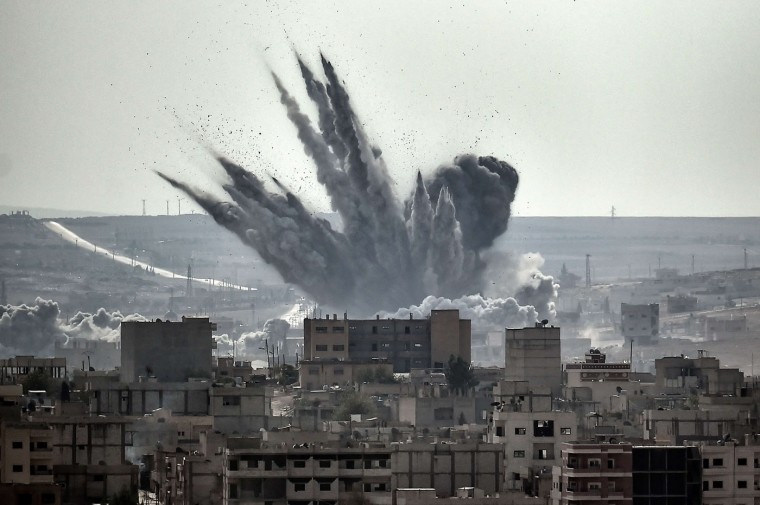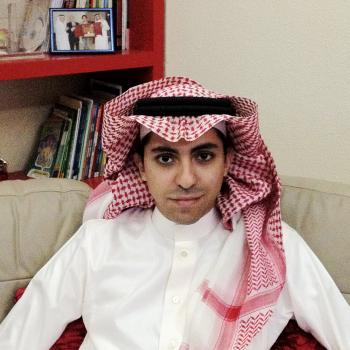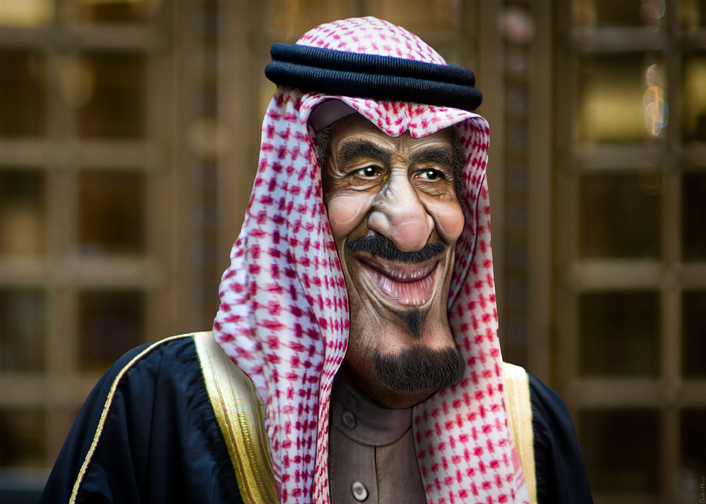
Over four hundred thousand Syrians have been killed in what is now six years of unrelenting war. More than six million people are internally displaced while almost five million are displaced in neighboring countries and Europe. Furthermore, this disaster is still unfolding as the horrors in Eastern Ghouta illustrate.
As multiple simultaneous battlefronts ensue it is evident that the divergent interests of world and regional powers are sabotaging peace efforts. The fragmentation and power struggles that allowed the ascension of Daesh are also being regurgitated.
Looking back, if there was a point of derailment in Syria, it came on September 17, 2016. The ceasefire following the Kerry-Lavrov “marathon” was dead and buried when an “accidental” United States airstrike killed 62 Syrian Army troops. This was followed by another coincidental ‘error”-Russian jets bombed a United Nations-Syrian Red Crescent aid convoy killing 20 people.
Fast forward to February 2018 when American backed militias came into direct conflict with Syrian troops and Russian mercenaries.
Emboldened by the brazen interventionism of America and Russia, the Erdogan regime has also directly entered the conflict. Turkish jets bombed the YPG militia in Northern Syria killing up to 200 people on October 19, 2016. Fast forward again to March 2018 and the Turkish Army is within a few miles of Afrin, the main stronghold of the YPG.
The YPG is a Kurdish-led entity that the United States has been officially supporting with arms and air strike cover. Considering that it has won several battles against Daesh and has control of non-Kurdish majority areas in Northern Syria it is difficult to see it backing down and it seems full scale warfare with Turkish forces is imminent. Add to this the prospect of confrontation between Turkey and the United States if the Trump administration decides to continue backing the YPG. There have been several media reports indicating that Trump may have withdrawn support to the militia.
At this point it is somewhat obvious that Turkish ambitions do not stop at destroying safe havens for Kurdish militias near its border. Erdogan is staking his claim to the future of Syria and perhaps the Middle East. This, while it further complicates the Syrian question, is not hard to understand. Turkey is an increasingly powerful nation with a not-so-old imperial past. It has witnessed American and Russian intrusion at its doorstep for years now and it was only a matter of time before Turkish “national interest” entered the fray of American and Russian ambitions.
Of course these are not the only outside forces in Syria. Qatar has been arming and training Free Syrian Army soldiers since 2014 and Saudi Arabia has also collaborated with the CIA to ship weapons to Syrian rebels through Jordan.
On the other side Iran and the Lebanese Hezbollah militia have supported Assad with arms, manpower and logistical support. Iran and Saudi Arabia have previously used proxies in Iraq and both are now openly competing for influence and to become the dominant force in the middle east.
The Al-Saud regime has long used the sectarian card and anti-Shia sentiment as a means to political and religious legitimacy. Iran, tired of their games and the international effort to diplomatically isolate them started fighting back after the Iraq war by extending its influence and its military role in the region. This has, along with the vicious persecution of Shia Muslims by Daesh given the Syrian conflict sectarian overtones which are particularly ominous coming so soon after the sectarian bloodbath in Iraq.
Wisdom is often found in the most unlikely places. In the 1999 crime thriller “8mm” Tom Welles (played by Nicolas Cage) is confronted with a crime so horrifying that his very sanity is put to the test. Desperate to understand how such depravity is possible he asks the same question of the men who have committed the crime:
“Why did you do it?”.
Each time he receives the same answer:
“Because I could”.
If we wish to understand why Syria is burning we will not find an answer as profound as our emotions demand. The answer will not whisper from some ancient text or be screamed from a demagogue’s lips. We will find perhaps that the answer lies in the opulent chambers where the leaders of the world congregate. In the stratagems of those who will never once walk into battle or flee from an air strike.
It will lie in the works of suave, immaculately dressed men who have convinced themselves and us that they are working to uphold the lofty ideals of liberty and democracy. Between the classy jokes, designer suits and moving speeches of the leaders of the free and enlightened world will be found the rationality that violence creates for itself. Like Tom Welles we will find that evil does not have the face we would expect it to have.
Those that profess to be the saviors of the Syrian people show no intentions of acting in the interest of peace. Each nation that has intervened is pursuing the Moloch of “national interest”. When atrocities are well planned and accompanied by slick propaganda they magically become necessary and noble endeavors. Realpolitik is the resident evil that creates enemies, destroys unity and makes peace impossible.












